I am creating an expense submission system, which will be multi-user.
For the purpose of this question, there are two models: Claim and Journey. A user creates a claim and each claim can have multiple journeys. I have made a gist of the code snippet as it's quite long.
In this snippet, I have sucessfully:
- Made
ClaimListView.get_querysetfilter by current user, so whoever's logged in can only see a list of their own claims. - Made
ClaimCreateView.form_validset the correct user when the form is submitted. - Made
ClaimDetailView.get_querysetfilter by current user. If someone tries the url for another user's claim detail, they get a 404 (perfect!) - Done the same as above for
JourneyListView - Done the same as above for
JourneyDetailView- again 404 if not authroised :D
However, when I access JourneyCreateView via the URL, the dropdown box for claim still shows claims for the other users.
How should I filter the user within the JourneyCreateView class, so that the claim field only shows claims assigned to the current user?
The closest to a solution I've got is this answer which suggests overriding the __init__ function in the JourneyForm which would leave me with this:
class JourneyForm(forms.ModelForm):
class Meta:
model = Journey
fields = ['date', 'distance','claim']
def __init__(self,alloweduser,*args,**kwargs):
super (JourneyForm,self ).__init__(self,*args,**kwargs) # populates the post
self.fields['claim'].queryset = Claim.objects.filter(tech_id=alloweduser)
However I'm not sure how to pass the alloweduser in from JourneyCreateView or, more to the point, obtain the current user in this class.
form_valid isn't any use in this case, as I'm trying to obtain the user prior to the form being submitted.
